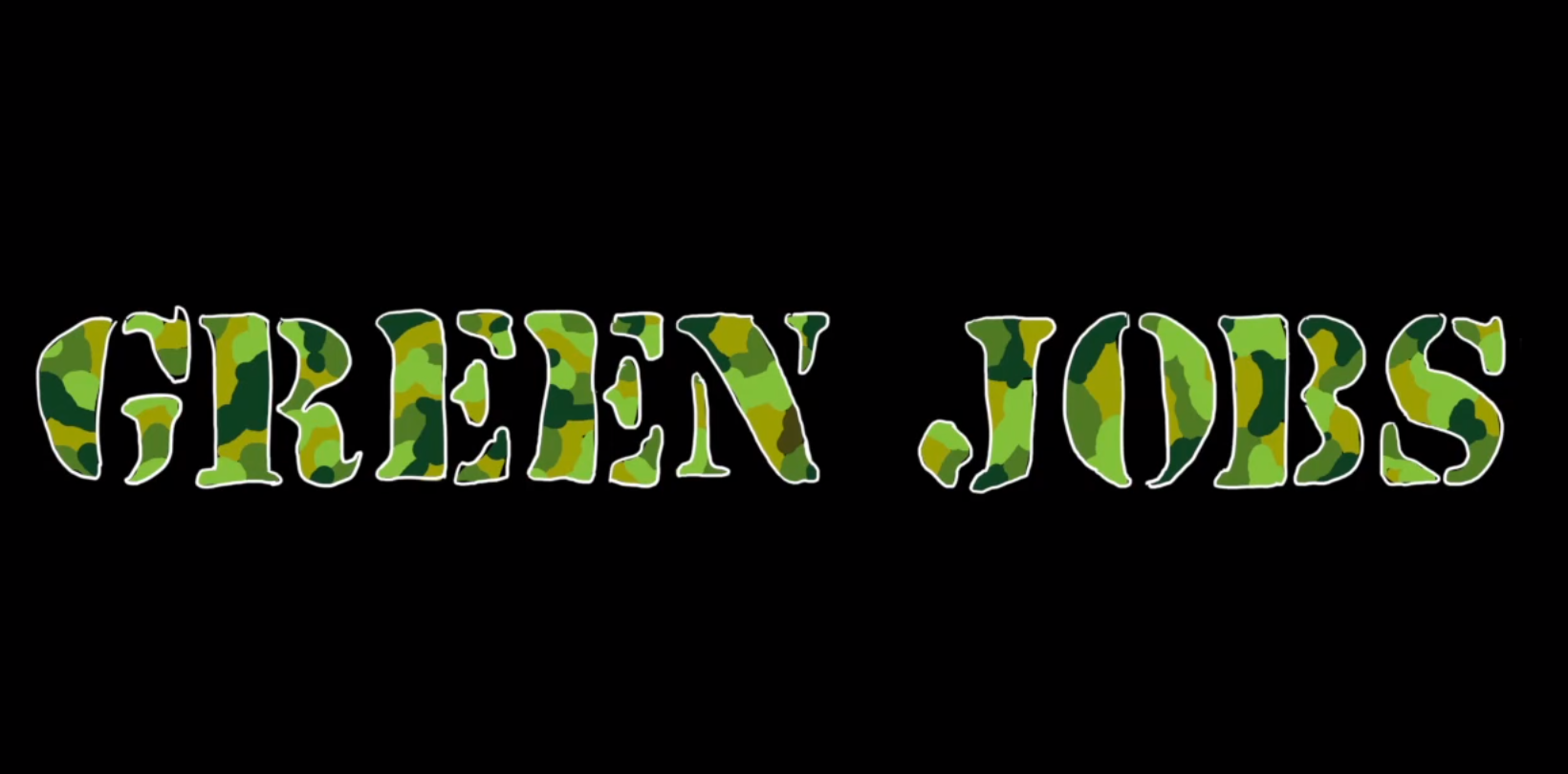Like this column? rabble is reader-supported journalism. Chip in to keep stories like these coming.
A lot of economists look down on government job creation programs as ineffective bureaucratic excess. But there’s one industry where make-work projects are currently paying big dividends: the military.
In 2011, Canada helped its NATO allies to bomb Libya to support rebels fighting its dictator Muammar Gaddafi. Our pilots were employed on 10 per cent of the missions, providing them and some mom and pop weapons manufacturers with good, meaningful work. You gotta love the bomb bakers. They’re real salt-of-the-earth, death-from-above people.
But this wasn’t just a few short-term destruction jobs. The Libya operation had spin off benefits. As was predicted by Canadian intelligence before the bombing began, removing Gaddafi led to a bloody civil war. Sure enough, business in Libya is booming. And by that I mean the actual structures businesses are located in. They’re exploding.
And now Defence Minister Harjit Sajjan says that Canada may soon join a military coalition to take on ISIS in Libya, which would create even more job opportunities for Canada’s camouflage-collar workers. It’s a sure-fire employment program. You get government-funded arsonists to light fires, and that creates work for your firefighters. It’s win-win-bomb-die-die… bomb.
After the withdrawal of our CF-18s, Canadians won’t be setting the fires directly anymore, we’ll just be carrying the gas tank. But as long as weapons continue to pour into the region, Western countries continue to treat the Middle East like their personal chessboard, and voters continue to be fooled into thinking this has anything to do with humanitarianism, we can be sure that the Middle East will continue to burn brightly.
This video originally appeared in The Toronto Star.
Like this column? rabble is reader-supported journalism. Chip in to keep stories like these coming.



